A bonded warehouse is used for international trading. When importing goods you can store goods in bonded warehouses. Here we are going to explain valuable details regarding bonded warehouses.
What is a bonded warehouse?
Before the explain the term bonded warehouse it is needed to identify what bonded cargo is. Please see the below explanation of bonded cargo.
What is bonded cargo?
Bonded cargo is imported cargo stored without paying duty. When an importer needs to clear goods, he can release goods in small quantities for paying duty for that amount of goods only. Likewise, importers can release the cargo more times. It is beneficial to importers because no need to pay the whole duty at one time. And also, it is no need to keep the warehouse. He can release the cargo when he needs it. So, warehouse cost also saving.
What is meant by a bonded warehouse?
A bonded warehouse is a temporary storage facilitating place that has been permitted by customs. Importing goods stored in a special building or place for bonded cargo with permission of customs. It is called a bonded warehouse. In bonded warehouses can be stored, keep, and secure goods without paying duty until enter into a customs procedure. A bonded warehouse is commonly known as a bond.
What purpose of using the Bonded warehouse for imported cargo stores?
Now you have an idea of a bonded warehouse. let’s move on to the purposes of using the Bonded warehouse.
- Imported goods for packing,
- packaging,
- manufacturing,
- duty-free trading,
- multi-country consolidation,
- ship bunkering,
- entrepot trade etc.
What are the common applications for bonded warehousing schemes?
There are many applications for bonded warehouses. Those applications vary from warehouse to warehouse and country to country. Below I would like to list common applications that are using bonded warehouses.
- Keeping manufacturing items as a bond (Example: Apparel industry)
- Bonds for special commodities such as sugar.
- For duty-free shops
- Supplying goods for shipping stores
- Multi-country consolidation
- Operation goods for bunkering
- Courier service
- Passenger baggage clearance.
When considering customs bonding division, mainly focus on,
- To facilitate international trading
- To facilitate the speed clearance process
- To ensure trade facilitation policies
- To expand the bonding system with the area of TIEP(Temporary imports for export processing) and duty rebate scheme.
Main Categories of bonding warehouses in a port
There are main 2 categories of bonding warehouses in a port.
These categories are based on ownership of the bonded warehouse.
1. Public or state-boned warehouse
Owned and operations done by the country’s government sector
2. Private bonded warehouse
Owned and operations done by private legal entities.
Private companies are done by operations under the supervision of customs.
Most of the time this type of bonded warehouse is located outside the port. Certain terms and conditions provide security for bonded cargo.
Let’s move on to learn about who are the people bonding facility holders. In other words, who are the users of bonding facilities in a country?
Who are the Bonding facility holders?
- Duty-free shops
- Ship stores
- Special commodity bonds. Example: sugar and rice
- Manufacture in bonds
- Multi-country consolidation bonds
- Embassies
- Foreign missions
- Warehouses for container examination
- Entrepot trading
- Bonds for unaccompanied passenger baggage
What are the not permitted goods for bonds? Goods are not accepted for bonds
All the cargo can not be stored in bonded warehouses. Generally, bonded warehouses are used to store goods long time purpose. So all types of cargo can not be stored. For example, perishable cargo(fruits, vegetables), and livestock animals.
There are restrictions for some goods to store in a bond according to the law of the country. Let’s learn one by one,
- Already duty-paid goods – bonded warehouses are used for keeping goods until the clearance process and duty paid.in case you are already duty paid for the relevant cargo, not acceptable for bonding.
- Damaged or not in the right condition goods -Before the goods are stored in the bonded warehouse, need to verify that goods are in the right condition. Because maybe damages happened to goods during the shipping time or loading-unloading process.If there is damage not allow bonding.
- Perishable cargo – Perishable goods have in short shelf life period. So it is required appropriate humidity and temperature or other conditions during transporting and storing. Most of the customs bonds are not allowed perishable goods for bonding facilities. Because long time period does not store in bonded warehouses. Examples of perishable goods are flowers, vegetables, fruits, etc.
- Dangerous cargo or inflammable goods -for security and safety matters dangerous or hazardous cargo is not allowed to bonding.
- Without a relevant required license for Restricted goods – under the restricted cargo category, before importing or exporting goods should get approval license or permit from the relevant authority according to the domestic law of the country. If you want this kind of cargo stored in the bonded warehouse, should have a license or permit for a particular shipment.
What benefits of bonded warehouses?/the advantages of bonded warehouses?
Next, we will discuss the benefit or advantages of using bonded warehouses for importers.
1. The main benefit is can be avoided import duties and taxes until the release of the goods.
2. Providing storage facilities for a long time
you can store your goods until the customer demand increases or meet requirements. The time period varies with the country and kind of goods. But most of the time you can store your imported cargo for five years or more.
3. Ensure cargo safety and security
Bonded warehouses have modern technological facilities as well as proper handling of equipment and machines. It ensures your cargo’s safety.CCTV camera systems and other security systems in the warehouse make your cargo safe.
4. maintaining the quality of the cargo
Because most of the bonded warehouses having facilities for temperature controlling, dry containers, and deep freezer systems.
5. Goods are stored closer to the port
Many of the bonded warehouses are located inside the port or near the place of the ports. So it is saving money as well as it reduces lead time in a supply chain.
6. Improve customer satisfaction
By keeping goods in bonded warehouses, you can release goods before the customer demand. Then you can provide goods at the on time of the demand of the customer. So customer satisfaction will increase.
Disadvantages of bonded warehouses?
we can discuss the disadvantages of bonded warehouses from the point of warehouse owners,
Though available space in the customs bonded warehouse area cannot be stored in other cargo. it is a disadvantage to the warehouse owner.
On the other hand, warehouse owners need to maintain a warehouse management system for support to a customs management system. And also there are many different rules and regulations, and different requirements under the bonded warehousing facilities, which may complex situations than normal warehousing facilities. It needs additional facilities and labors for the functions of the bonded warehouse.
What type of declaration forms need to submit to customs? What is the meaning of TO BOND/RE BOND/EX BOND?
When the bonding facility uses popular words are hearing, To Bond, Ex bond, and Rebond. If you like to use bonded warehouse facilities it is useful to learn about commonly used words To Bond, Ex bond, and Rebond. Next, explain them one by one.
To Bond
To bond, the customs declaration is submitted for export purposes for bonded cargo.
Ex Bond
- a customs declaration is submitted for the purpose of the release of bonded cargo when payment of duties and taxes has been done. And also, this is used for the purpose of exporting goods, Supplying for home country uses, Supplying goods to embassies, Canceling liability (duty-free shops, ship stores, etc)
Re Bond
This type of custom declaration form is submitted for the purpose of moving goods from the current bond to another bond.
What happened when bonded cargo does not release at right time? /Breach of the law of bonds
Here we are going to discuss an important matter regarding cargo bonding facilities. If you have bonded your shipment but any case you could not release your cargo before the day of the bond agreement, what will happen to your cargo? If you are unable to release cargo at the right time, customs law considers as a breach of the law of bonds. So you have to go through another procedure to release your cargo. In some cases, you have to pay a penalty.
For not relating the bond at the correct time you will be liable to accept punishment it is different from country to country and it varies with the particular cargo type. And also sometimes punishment varies with the purpose of neglecting to realize the cargo. Most of the time these punishments act as financial losses, and cargo losses but in major cases like fraudulent activities you are able to be imprisoned.
- Terminate the bonding facility under the customs law or prosecuted
- After the agreed time period importer or agent did not release the bond, the goods will be forfeiture
- Liable for penalty
- If there is a fraudulent activity like concealed or removed goods will be liable for imprisonment
But According to the customs law of the country, this will vary.
Difference between wet bonded warehousing and dry bonded warehousing?
Both warehouses need to get approval from customs.
Wet bonded warehouse
In the wet bonded warehouses store alcohol and tobacco and other excise goods.
Dry bonded warehouses
In the dry-boned warehouses, there are many restrictions as can’t store alcohol. Dry bonded warehouses use for any other imported goods subject to VAT and tariffs.
You may like to Read
Warehouse Management & Warehouse Management System: Everything You Need To Know
Customs Declaration (CusDec) & ASYCUDA System
Do You Know The Main Types Of Cargo?
What Is The Importance Of Cargo Insurance In 2023?
Bill Of Lading: Everything You Need To Know
7 Rights Of Logistics (7R S): For Learning Logistics Easily
Do You Know The Secrets Of Cargo Containerization In 2023?
15 Logistics And Supply Chain Management Degree Online 2023
World Famous Top 3 E-Procurement Software In 2023
Deliveries Made Smarter And Easy With “TOOKAN”: Delivery Tracking Software
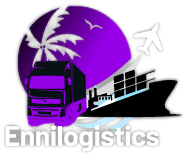
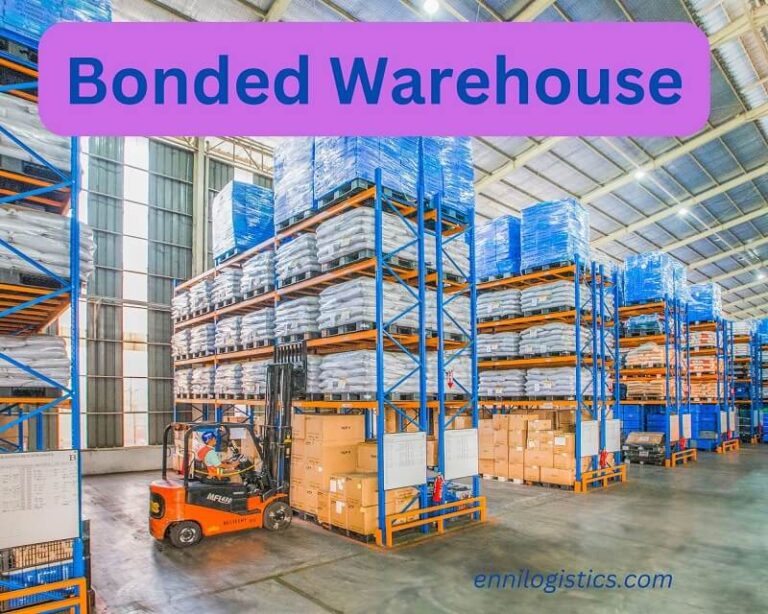
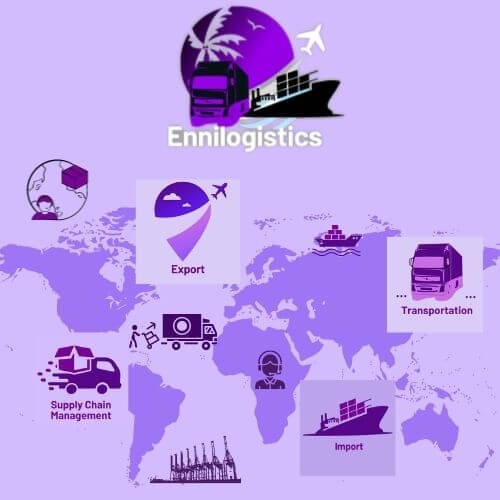
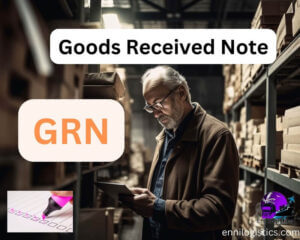
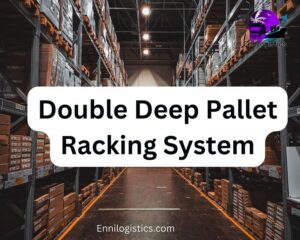
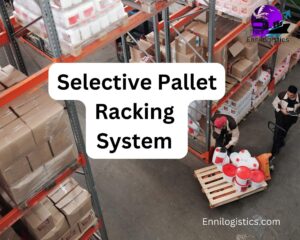
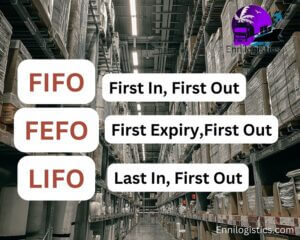
12 thoughts on “What is Bonded warehouse: Everything you need to know”
Gooooood
Thank you
this is so good 👍🏾
Thank you
Greɑt info. Lucky me I came acrߋss your blog by chance (stumƄleupon).
I’ve bⲟokmarked it for later!
Thanks, Highly appreciate your comments
Thanks , І’ve recently been looking for information apргoximately this toрic for ages and
yours is the best I have found out till now. Bսt, what in regards to the bottom line?
Are yоu positive in reցards to the supply?
Thanks, Highly appreciate your comments
Very insightful and educative.
Thanks, Highly appreciate your comment
Pretty! This has been a really wonderful post. Many thanks for providing these details.
thanks